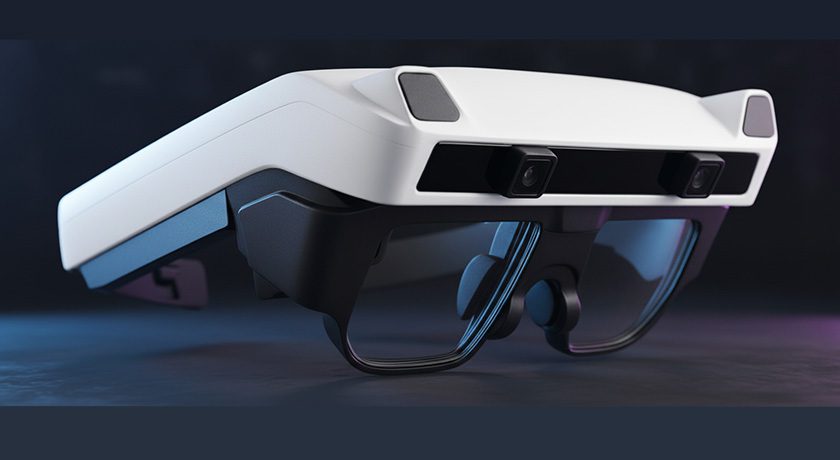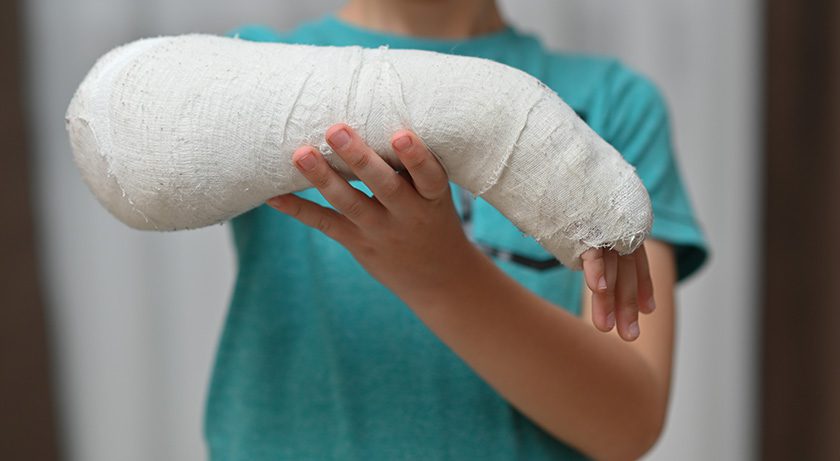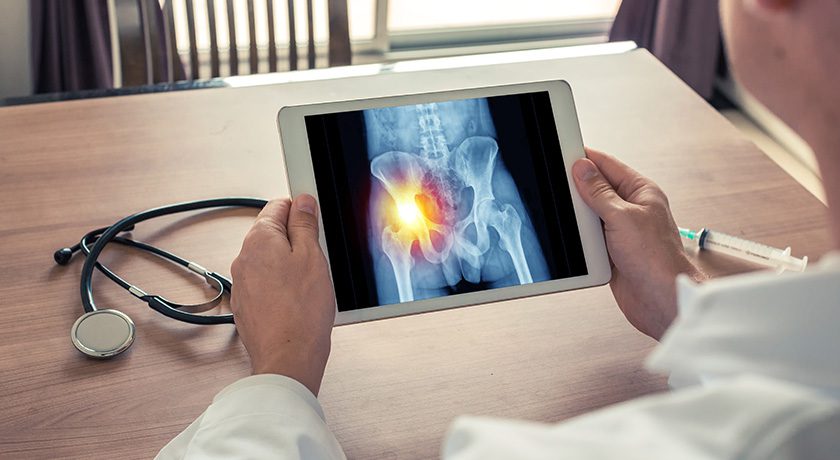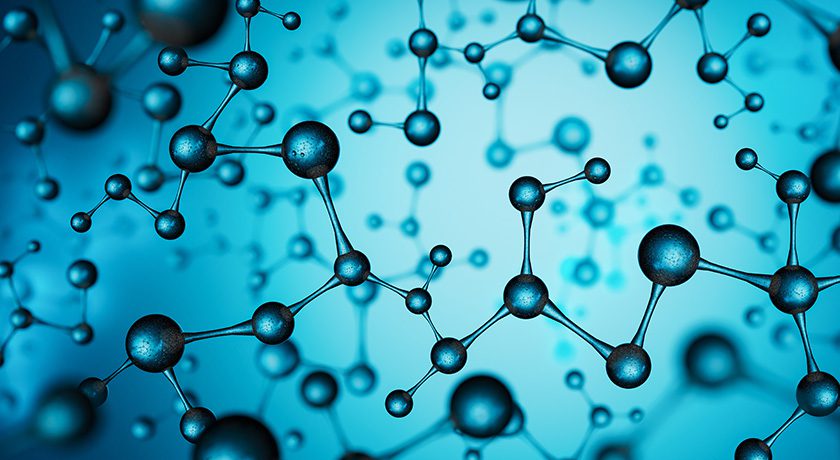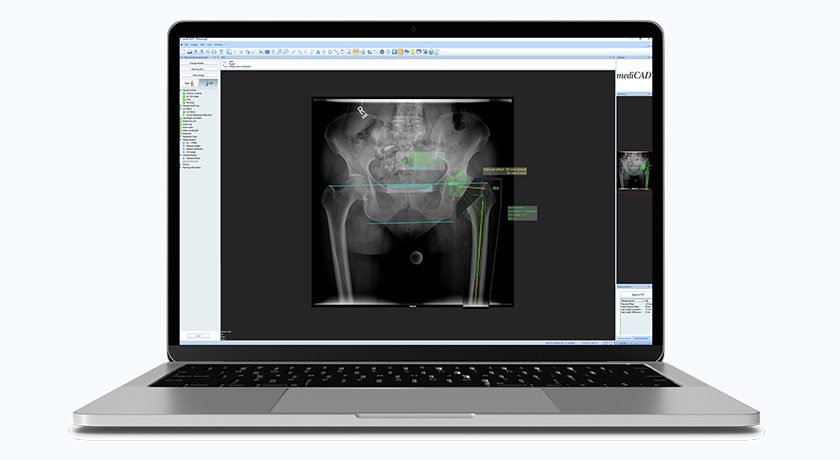
 Copy to clipboard
Copy to clipboard 
Proxy Biomedical has developed high strength resorbable USP 2 suture for fracture and soft tissue repair applications.
The multifilament PGA suture features an average knot-pull, tensile value of >110N and straight tensile strength of 185N, exceeding the minimum knot-pull textile requirements of 62.3N for a USP 2 classification.
Source: Proxy Biomedical
Proxy Biomedical has also developed Bio-XT, a strength-enhancing proprietary processing technology used to form non-metallic medical implants, such as orthopaedic screws.
Proxy Biomedical has developed high strength resorbable USP 2 suture for fracture and soft tissue repair applications.
The multifilament PGA suture features an average knot-pull, tensile value of >110N and straight tensile strength of 185N, exceeding the minimum knot-pull textile requirements of 62.3N for a USP 2 classification.
Source:...
Proxy Biomedical has developed high strength resorbable USP 2 suture for fracture and soft tissue repair applications.
The multifilament PGA suture features an average knot-pull, tensile value of >110N and straight tensile strength of 185N, exceeding the minimum knot-pull textile requirements of 62.3N for a USP 2 classification.
Source: Proxy Biomedical
Proxy Biomedical has also developed Bio-XT, a strength-enhancing proprietary processing technology used to form non-metallic medical implants, such as orthopaedic screws.

You’ve reached your limit.
We’re glad you’re finding value in our content — and we’d love for you to keep going.
Subscribe now for unlimited access to orthopedic business intelligence.
JV
Julie Vetalice is ORTHOWORLD's Editorial Assistant. She has covered the orthopedic industry for over 20 years, having joined the company in 1999.


